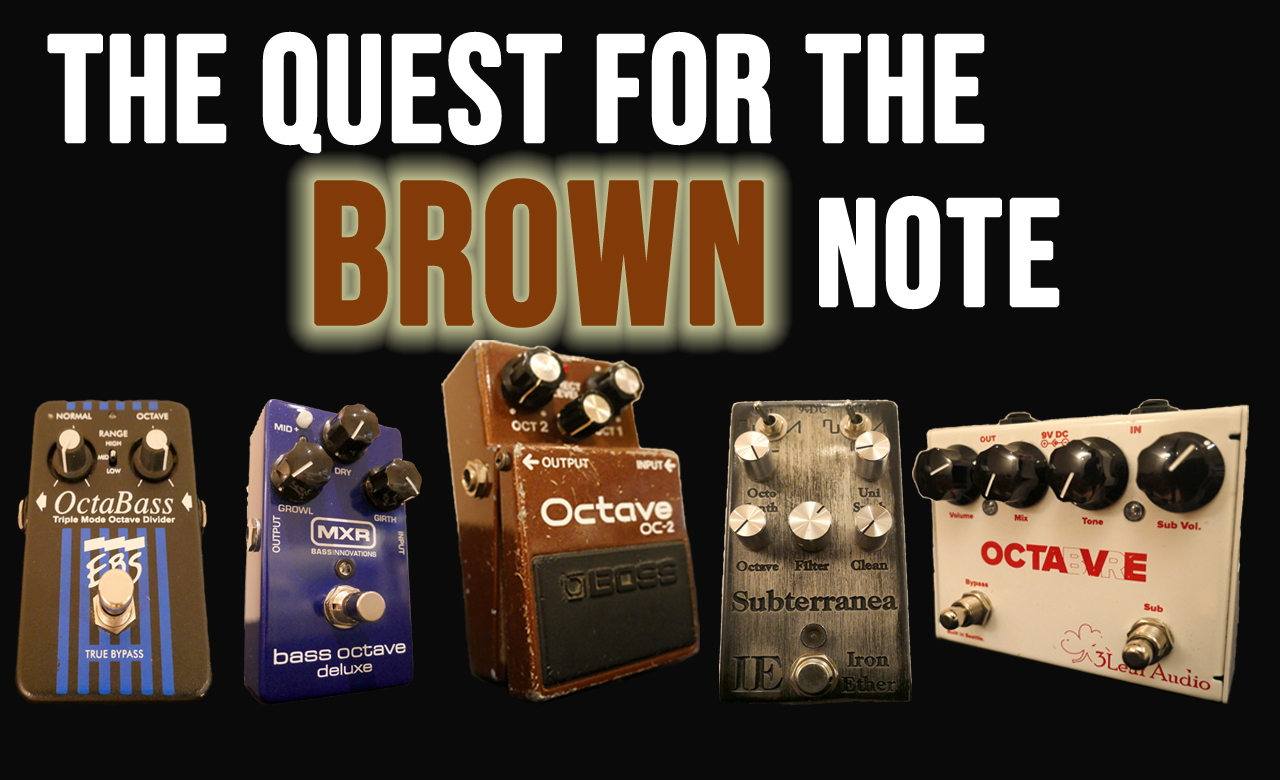Why would you want to use an octave pedal with your bass? If you want to be able to keep up with synths without having to go anywhere near a keyboard, or you want to access lower notes without switching to a 5-string or detuning, then an octave pedal is the way to go.
Introduced in the early 1980s, the Boss OC-2 is still widely touted to be the best analogue octave out there; famous players like Pino Palladino, Tim Lefebvre, Juan Alderete, Jonathan Davis and Janek Gwizdala have all helped to maintain the popularity of this pedal long after it was discontinued and replaced by the more refined and much less enjoyable OC-3. In fact, many players swear that the ‘glitchy’ and imperfect nature of the OC-2 is the very reason that they love it so much.
Ever since the Boss OC-2 was released, other manufacturers have been trying to steal its crown. Some have added additional features to their pedals, while others opt for a no-frills emulation of the classic octave pedal sound.
Analogue Octave Pedal Shootout
This video gives an overview of 5 different analogue octave pedals to see if anything comes close to the classic sound of the OC-2. Although each unit is capable of producing multiple tones, this octave pedal comparison focuses on the 1-octave down 100% wet signal sound that the OC-2 excels at:
- Boss OC-2
- MXR M288 Bass Octave Deluxe
- EBS Octabass
- 3 Leaf Audio Octabvre
- Iron Ether Subterranea
Tone is in the ear of the beholder, and every viewer will have their opinion on which octave pedal sounds best. For the curious, my go-to octave pedal for gigs is the 3 Leaf Audio Octabvre; it does a great impression of the OC-2 while adding some useful features, particularly the ability to switch between a blended dry/wet sound and a solo’d sub bass octave with a simple tap of a footswitch (you can hear a practical demo of multiple pedal settings within the same song here: Clean Bandit – ‘Rather Be’ bass transcription).
Although I still keep my 1986 Boss OC-2 in the studio for recording (and nostalgia) purposes, it isn’t robust enough for live use and has a habit of falling apart on gigs.

